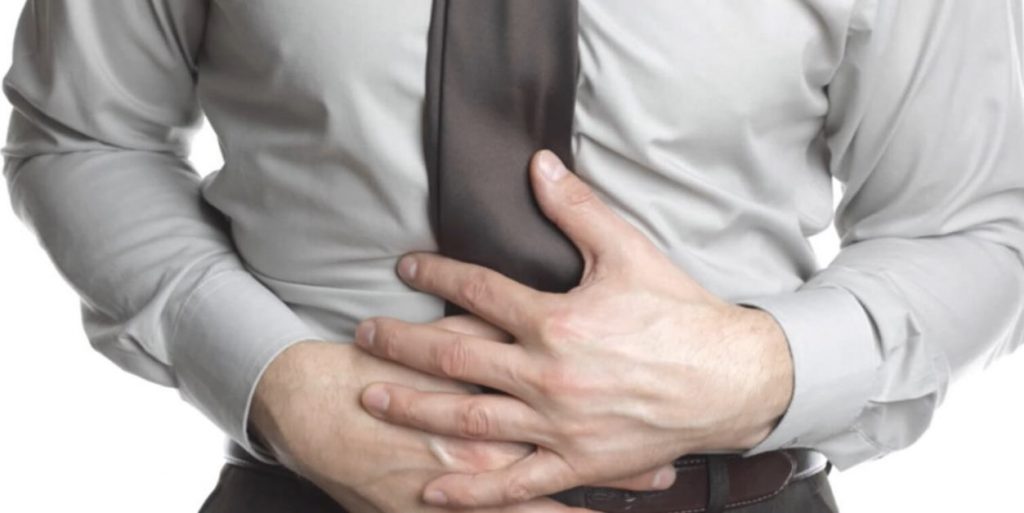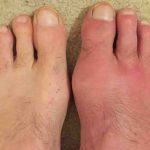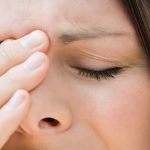Food poisoning is a catch all term to refer to any type of cross contamination that’s acquired from eating infected, spoiled, or otherwise toxicity food. Food poisoning is frequently the consequence of both bacteria or viruses which have infected a meal both as a consequence of a security measure failing in production or by foodborne illness from another source. Bacteria: Bacteria are accountable for the most of foodborne diseases in the US. They have a tendency to thrive in unsanitary conditions and could come from nearly every type of food that’s not cooked, cleaned, or stored correctly. That is a sensitive way of saying that someone did not wash their hands correctly and has infected the food with small bits of feces.
Food poisoning, also called foodborne illness, is illness caused by eating contaminated food. Infectious organisms — including bacteria, viruses and parasites — or their toxins are the most common causes of food poisoning.
Finally, bacteria food poisoning could come from eggs laid by infected hens. Viral: Viruses are the second most typical cause of food poisoning, but unlike bacteria they aren’t usually the consequence of something wrong with the food itself. Instead, viral poisonings are usually because someone involved with preparing the food was sick and did not properly wash themselves or their work before making the meal. Everybody is susceptible to contract food poisoning and, statistically speaking, almost everybody will contract it sooner or later. Even though there are numerous infections that may cause food poisoning, most cases present themselves with comparable symptoms.
Cases of food poisoning are typically unpleasant, but not life threatening. It’s rare for food poisoning to last greater than with a week and you should consult with a physician if this is the case. While many drugs are available over the counter to assist fight food poisoning, they aren’t always required. Get settled: Your stomach Can be in a precarious mood when it’s impacted by food poisoning, particularly in the initial period. Easing into eating: Bland, reduced fat foods are easier to digest and should be seen as with a beginning part of getting back to an ordinary diet. Toast, applesauce, bananas, and rice are typical samples of foods that you should think about. In case your stomach may endure it you may try probiotic yoghurt to help return beneficial bacteria to your digestion tract, but be cautious since milk tends to be inadvisable during food poisoning. Avoid agitators: Caffeine, alcohol, most milk products, spicy foods, and something with a high fat or sugar content must be saved for after you have recovered.
More from Things Health
-
Understanding Food Poisoning
All of us know how disagreeable and painful food poisoning can be. Even though it only lasts for around two days, this type of sickness…
-
Symptoms Of Epilepsy
Epilepsy a neurological disorder marked by sudden recurrent episodes of sensory disturbance, loss of consciousness, or convulsions, associated with abnormal electrical activity in the brain.…
-
Symptoms of Gout
Gout is a form of inflammatory arthritis characterized by recurrent attacks of a red, tender, hot, and swollen joint. Pain typically comes on rapidly in…
-
Symptoms of Adult ADHD
It is not easy for a doctor to diagnose adult attention deficit hyperactivity disorder. An adult will understand the signals of ADHD in himself or…
-
Symptoms Of A Sinus Infection
Every year, millions of individuals suffer from sinus infections. A sinus infection is merely an irritation or infection of the sinus cavities. The sinus cavities…






